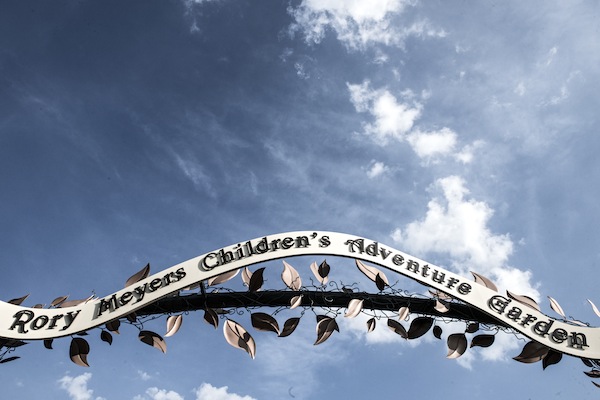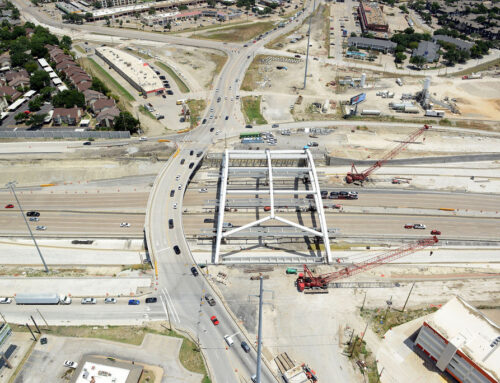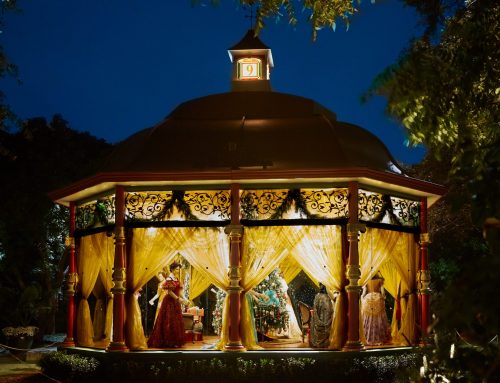The Dallas Arboretum is one of the city’s seven “signature parks,” and one of three that requires an admission fee (the others being the Dallas Zoo and Fair Park venues). Because admission costs up to $15 per ticket, however, not all Dallasites can afford to visit this park of theirs, so the Dallas Arboretum donates 15,000 free passes to the city’s park department to help provide access to the gardens.
The problem is, most people don’t know that. Two-thirds of those free passes went unused in 2014.
“Part of the concern expressed by several board members was the lack of awareness,” says Gerry Worrall, park board member for the White Rock area.
Last week, the board approved the Arboretum’s request to increase its parking fee from $10 to $15, which went into effect Monday. The added revenue — about $580,000 a year — will help the Arboretum pay off the private loan that allowed it to fund the new $30-million parking garage on Garland Road without taxpayer money.
The price hike won’t affect those with Arboretum memberships, since parking is included. It’s everyone else who’ll have to pay up. Worrall supported the increase and believes it’s a fair trade.
“The Arboretum is an incredible driver in our community,” he says. “I think that in an effort to keep them financially viable, it’s important that we help them do that.”
To alleviate concerns over the gardens becoming too expensive for lower-income families, Arboretum officials agreed to boost the number of annual free tickets, including free parking, to 25,000.
The free tickets are distributed equally among all the city’s recreation centers. Individuals — low-income or not — can walk and grab up to four tickets at a time. Arboretum staff say they will design posters this year to better advertise the deal at rec centers, but communicating the message generally has been up to the park department.
“We want to make the Arboretum accessible, and we hope that the park department will be able to distribute these free tickets to as many people as possible,” says John Armstrong, the Arboretum’s vice president of property development, in an email statement.
The Arboretum has other ways of accommodating visitors who can’t afford the fees, particularly through educational programs. More than 11,000 economically disadvantaged students received free science programming last year. The Arboretum also has allocated $21,000 in bus stipends for the coming year to help with transportation costs for low-income students on field trips.
The new parking garage was critical to accommodate the increased attendance expected in the coming years. As we reported last year, a feasibility study for the garage in 2012 revealed some important details about the Arboretum’s plans for growth and suggested, even then, raising the parking fee to help pay for the costly garage, which includes an underground tunnel. According to the study, by 2018 even the garage will not be enough, which is why the Arboretum has continued looking at other properties along Garland Road.
The price increase was inevitable, but the now $15 parking fee on top of the $15 admission fee fuels the perception by some that the Arboretum is elitist, pricing out those who can’t afford it. East Dallas Councilman Philip Kingston criticized the park board’s decision via Facebook, saying, “I love the Arboretum, but if it’s going to be subsidized by the taxpayers, it needs to be accessible to the taxpayers.” His park board appointee, Paul Sims, voted against the increase.
The city entered a public-private partnership with the Dallas Arboretum & Botanical Society (DABS) in 1982 allowing the gardens to operate on city-owned land and receive an annual stipend to help with overhead costs — roughly 1.5 percent of the Arboretum’s $17.6 million budget.
The Arboretum devotes a section of its website to discounts. For example, if you buy a parking pass online in advance, it costs only $8. And next month, Jan. 5-31, admission drops to $5 during a promotion.
The website does not mention that free tickets are available at rec centers.
In the park department, there is no universal push to inform the public about free access to the gardens. Public relations manager Andrea Hawkins says it’s up to the staff at each rec center. Each of the 15 park board members also receives 50 free passes a year to distribute as they please.
Worrall says the lack of awareness is “easily remedied.” Funding for these types of marketing efforts, often lost during economic downturns, could be built back into the park department budget.
“Now is the time to make that a priority,” he says. “In the meantime, it’s up to the park board member to be aware of what’s available. Certainly, it behooves the Arboretum to make sure people know about it.”






